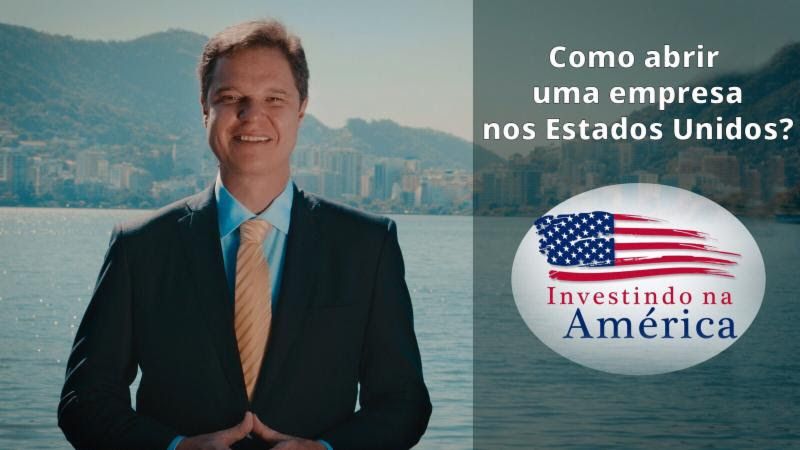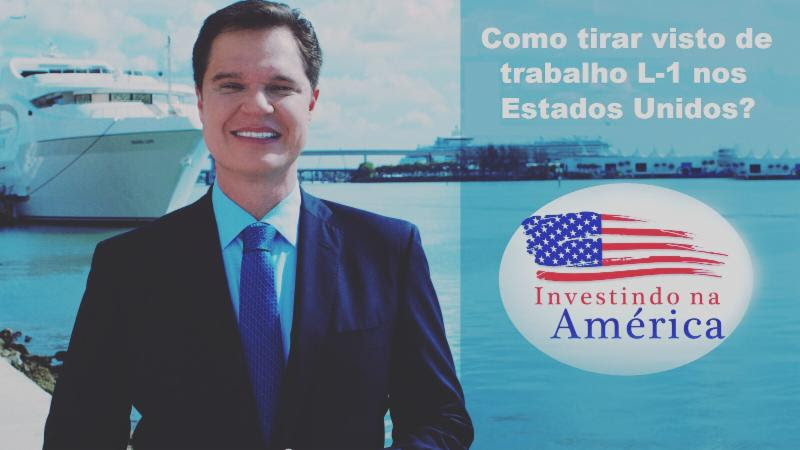| |||||||||||||||||||||||||||||||||||
About Me

- Sula Costa
- Sula Costa - Costa Consulting CO http://sulacosta.com Contact:worldartshowbr@gmail.com
LINKS
- ABERJE - Associacao Brasileira de Comunicacao Empresarial
- ABERT
- Absolute: RIO
- AcheiUSA - News for Brazilians
- Artes Visuais - Mariah Campolina
- B&B - Brasilerias Brasileiros
- Brazil Found
- Brazilian Endowment for the Arts
- Brazilian Press Newspaper
- Brazilian Voice Newspaper
- BRAZILIAN- AMERICA CHAMBER OF COMMERCE, INC
- Brazilian-American Chamber of Commerce of Florida
- Cidadão GLobal
- Consulado-Geral do Brasil em New York
- Converge Comunicações
- DATAGRO Agricultural Consultancy
- Dia do Brasil
- Diamonds Herbs
- DWM - Maquetes - Marcelo Eduardo
- Eduardo |Campos
- Eteryu1
- Gazeta News Newspaper
- Gazeta Paulista
- Governo de Goiás
- Governo Federal - Brasil
- Inffinito - Brazilian Film Festival
- JN Television
- John Ford Model
- Life & Fashion magazine
- Life Fashion & Magazine
- Metro Trades
- Ministerio da Cultura - Governo Federal
- Miriana Lagazzi
- Na Midia por Uiara Zagolin
- National Library of Brazil
- NEW YORK EVENTS
- Open Sea by Eteryu1
- Os Papa Famoso
- People Who Make the Difference
- Pierre Construção Metálicas
- Piquet Law Firm
- Radio 9 Minutos NY
- Revista CBTur VIP
- Smart Group Services
- Sula Costa - Costa Consulting Co.
- TOP TV - A TOP DO BRASIL
- US OPEN
- World Art Show
- WorldFund
- WTensai Construtora
Tuesday, October 13, 2015
Thursday, October 8, 2015
Não sou otimista babaca, mas otimista ativo.
ARTIGO JOSE SERRA
UM MANIFESTO FISCALISTA (Leia no site)
UM MANIFESTO FISCALISTA (Leia no site)
Um espectro ronda o Brasil – o espectro do descontrole fiscal. É preciso que as forças políticas se mobilizem para exorcizá-lo. Quanto piores as expectativas sobre as contas públicas e o crescimento da dívida – sancionadas e até turbinadas pelas agências internacionais de risco – mais caros se tornam os empréstimos e refinanciamentos para as empresas brasileiras, já fragilizadas pela queda vertical da demanda e pelos juros domésticos siderais.
No ocaso da era petista, as condições fiscais se deterioraram e, agora, de modo fulminante, passaram a corroer a própria capacidade de gerir a política monetária nos marcos do regime de metas. Está se formando um consenso de que a política monetária de metas de inflação se tornou relativamente impotente em um ambiente de desconfiança generalizada na capacidade do governo de elevar o superávit primário e estabilizar a relação dívida/PIB.
Essa desconfiança provocou depreciação rápida do câmbio, com impactos sobre a inflação futura. A opção de subir juros adicionalmente em uma economia em recessão é vedada, pois só aceleraria a trajetória explosiva das despesas com juros, impulsionada adicionalmente pela queda abrupta das receitas. É o cenário típico da chamada dominância fiscal.
Essa situação não pode se arrastar nem ser vista como um destino do Brasil. Sou convictamente pelo equilíbrio fiscal. Não acredito na possibilidade de desenvolvimento e bem-estar social sustentados num contexto de finanças públicas precárias. E creio nisso não apenas por razões puramente econômicas. A fragilidade fiscal reverbera em todo o governo. Um governo fiscalmente fraco tende à inoperância política por definição: é incapaz de arbitrar conflitos, de se impor contra o “rent-seeking”, de propor rumos coerentes para o desenvolvimento e, sobretudo, de fazê-los acontecer. Não importa exatamente o tamanho do Estado. Ele deve ser sempre ágil e musculoso. E ele deve ser capaz de se contrapor ao que costumo chamar de FUCE: a Frente Única Contra o Erário que se desenvolve no Congresso e nas grandes corporações de interesse que pressionam os parlamentares.
A crise atual pode induzir ao aprimoramento de nossas instituições, de modo a torná-las capazes de refrear a médio e longo prazos a sempre tentadora – e destrutiva – tendência à desorganização fiscal.
No bojo do Plano Real, durante os governos do presidente Fernando Henrique Cardoso, foram feitas algumas mudanças fundamentais na direção correta. Sem elas, a crise atual seria bem pior. No primeiro mandato foram renegociadas as dívidas de estados e municípios, condicionando-se a extensão dos prazos e a redução dos juros ao controle do endividamento futuro. Para tanto, além de proibir a emissão de títulos públicos pelos governos estaduais e municipais, o governo federal forçou a privatização dos bancos estaduais, que haviam se tornado financiadores dos déficits descontrolados dos estados. No segundo mandato aprovou-se a Lei de Responsabilidade Fiscal (LRF).
Esses tipos de aperfeiçoamentos institucionais estiveram ausentes das gestões petistas, cuja marca em matéria fiscal acabou sendo a contabilidade criativa, que inclui as pedaladas.
Por essa razão e em função da crise, tenho me dedicado, na condição de relator, ao Projeto de Resolução do Senado (PRS) voltado para instituir limites globais para a dívida consolidada da União, que desencravei do arquivamento e refiz completamente.
O PRS, ao impor um limite para a dívida global auxiliará o País a adotar padrão fiscal sustentável. O superávit primário deixará de ser a única variável fiscal relevante. Esse foco no superávit primário é indispensável, mas não deve, como tem ocorrido, ofuscar os resultados nominais, que incorporam também os grandes efeitos fiscais das políticas monetária e cambial, como por exemplo as despesas com juros. Observar apenas a evolução dos resultados primários é ignorar que a cada aumento de um ponto percentual da taxa de juros – na chamada Selic – corresponde uma despesa nova de R$15 bilhões anuais e, ao mesmo tempo, uma queda de receitas, devido ao maior esfriamento da atividade econômica. Tampouco pode se desconhecer a incidência de outros fatores como despesas de R$120 bilhões produzidas pela política de swaps cambiais – operações feitas para dar seguros contra a variação do dólar.
Um problema a mais do foco exclusivo no resultado primário é o recurso a uma carga tributária crescente, que tem asfixiado o setor produtivo e tornado nossa economia menos competitiva. A sociedade dá sinais de que não aceita mais ajustes que sejam feitos pelo lado da receita sem vislumbrar a utilidade do sacrifício.
Ao limitar o volume total de dívida consolidada – e não apenas da dívida líquida – paulatinamente e sem sobressaltos, em uma trajetória de no mínimo quinze anos – o Projeto de Resolução vai impor maior disciplina e coordenação no relacionamento entre o Banco Central e o Tesouro. Limitar-se-á a liberdade excessiva de endividamento hoje existente, a qual permite ao Banco Central exercer políticas cujos custos fiscais são desproporcionais, como, por exemplo, a mencionada oferta prematura e astronômica de swaps cambiais ao setor privado, em um cenário que deveria ser de câmbio flutuante. O custo das operações compromissadas – dívida sobre tutela do Banco Central – é outro exemplo: perto de um trilhão de reais rendendo 14,25% ao ano!
Na presente conjuntura é indispensável sinalizar para a sociedade e para os mercados que o País será capaz de melhorar no longo prazo sua segurança fiscal. Sem instrumentos institucionais adequados, a manutenção do cenário de desconfiança só adiará investimentos, reforçará a inflação e aumentará a fragilidade da economia brasileira.
O PRS que dispõe sobre os limites da dívida da União representa um aperfeiçoamento importante no regime fiscal brasileiro. Mais ainda, melhorará as expectativas dos investidores, devido aos bons sinais sobre as contas públicas a médio e longo prazos. Por aprová-las, o País não tem nada a perder, exceto os grilhões da recessão, do desemprego e da inflação..
O PRS que dispõe sobre os limites da dívida da União representa um aperfeiçoamento importante no regime fiscal brasileiro. Mais ainda, melhorará as expectativas dos investidores, devido aos bons sinais sobre as contas públicas a médio e longo prazos. Por aprová-las, o País não tem nada a perder, exceto os grilhões da recessão, do desemprego e da inflação..
SENADOR DA REPÚBLICA, EX-PREFEITO E EX-GOVERNADOR DE SÃO PAULO
Acompanhe novos artigos no meu site: http://www.joseserra.com
Acompanhe novos artigos no meu site: http://www.joseserra.com
Right now, a group of workers, union leaders, worker advocates, and forward-thinking businesses are arriving in the East Wing of the White House. They'll have breakfast together, hear from the President and Vice President, and then hear from one another.
| |||||||||||||||||||||||||||||||||||||||||||||||||||||||||||||||||
Alcinda Saphira e eu na galeria de exibicoes dela em New York, na 43 st 4 W , um trabalho impecavel, desenvolvido e monitorado por uma equipe maravilhosa! Imperdivel, vale a pena sempre contribuir com o crescimento e desvontulra cultural de voces!
Subscribe to:
Posts (Atom)






















(1).png)
(1)(1)(1).jpg)
(1)(1).jpg)
